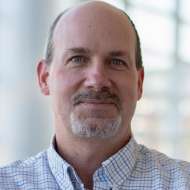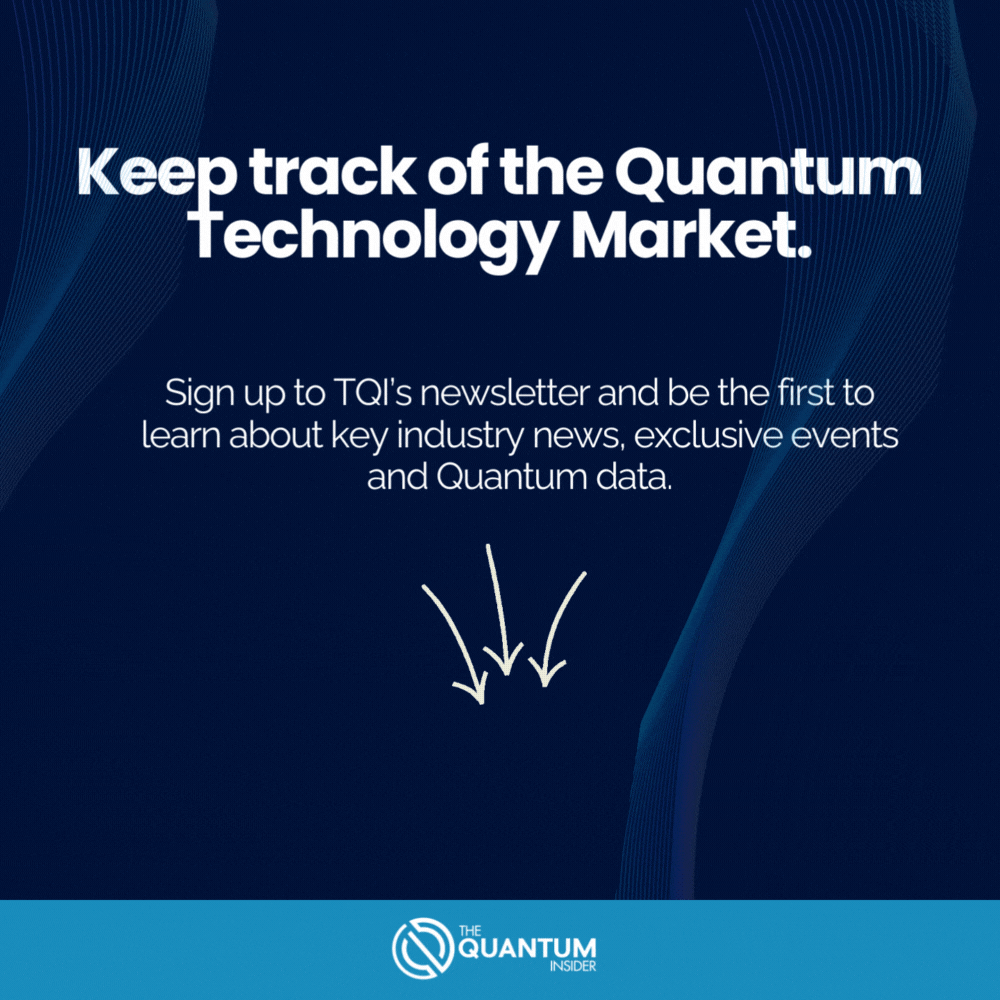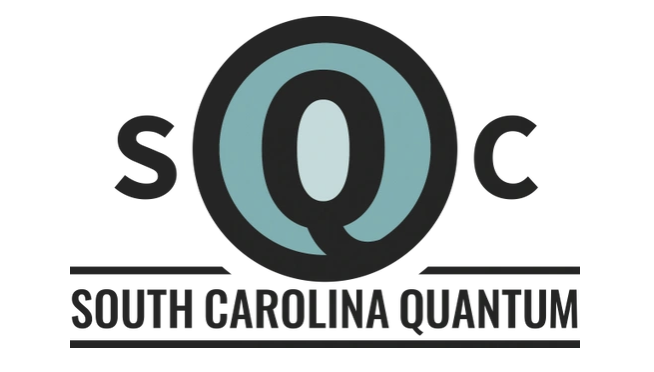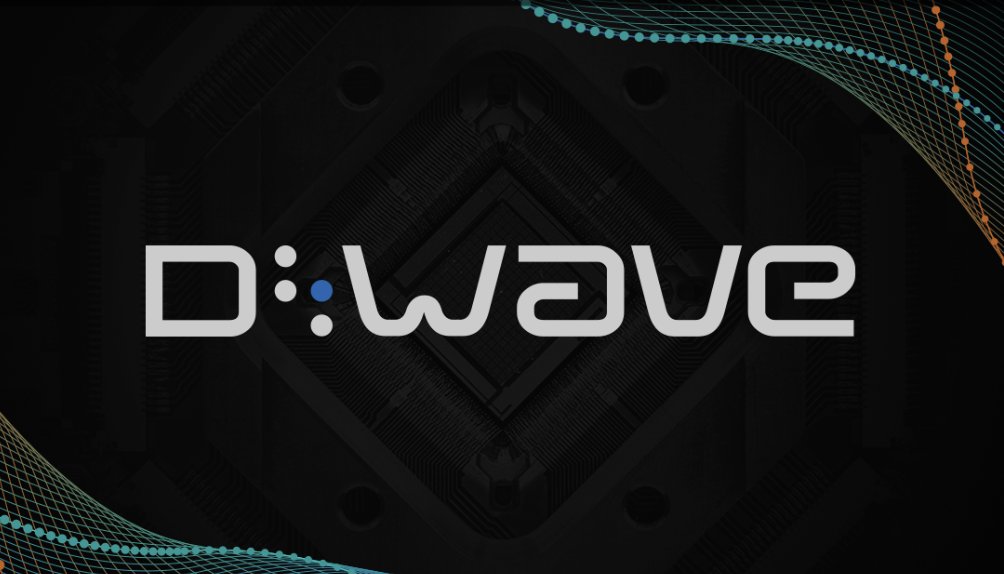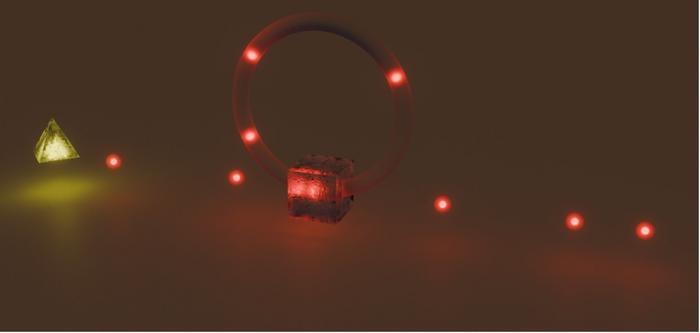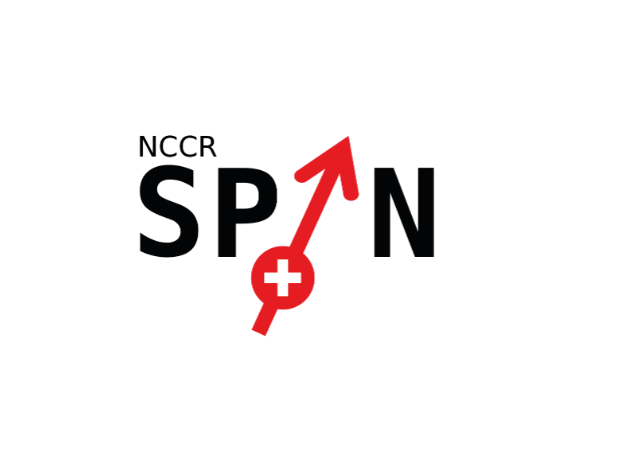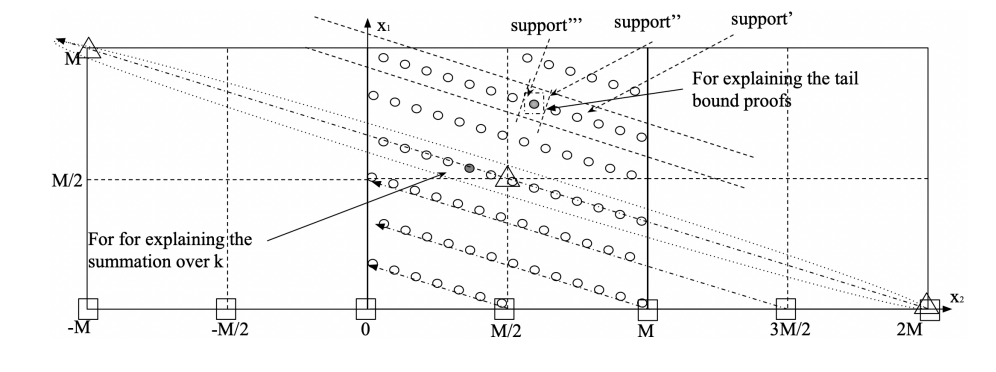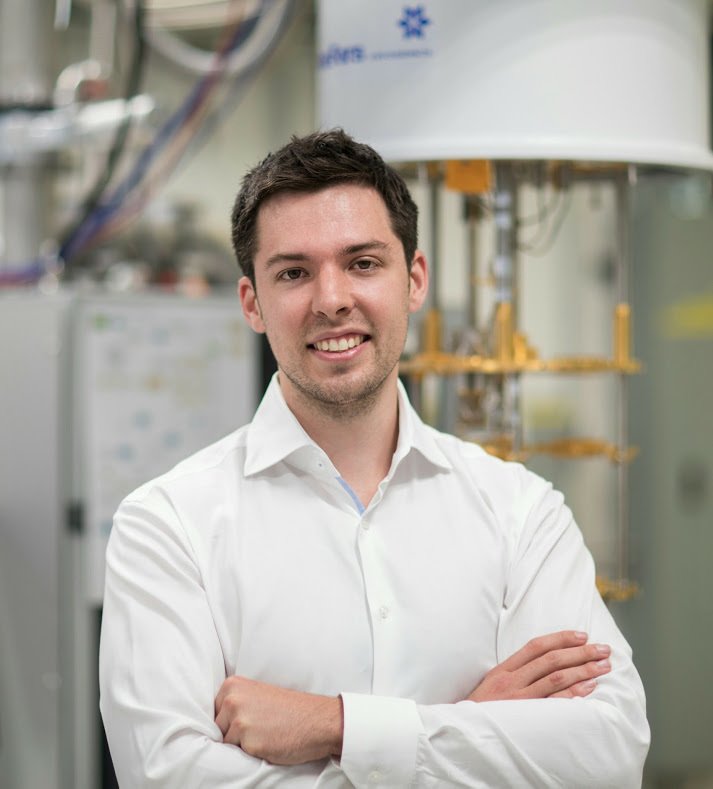
Quantum computing is based on multi-billion-dollar science fiction-like hardware setups and seems to run on hieroglyphic-looking code developed for space aliens.There’s no way the average person could understand, let alone use a quantum computer, right?
Not if the Unitary Fund team can help it. The Unitary Fund was built on the premise that sowing the seeds for a quantum grass roots movement isn’t just a good idea, or a wistful desire to return to the homebrew days of yore, it’s an absolute necessity.
Will Zeng, who is founder of the organization, sees the group as one way to create a quantum industry that offers the most benefit to the largest number of people. It’s a philosophy that propels both Zeng and the non-profit, which manages several programs aimed at those ends.
Zeng said quantum is haunted by a few misperceptions. One of the major misperceptions around quantum computing is that it’s completely inaccessible to all but a few highly trained, highly educated people. Zeng said that is rapidly changing.
“Quantum computers are much more accessible now — some things are still big budget, but there are other areas that have a much lower barrier to entry, particularly around software and that means that more people can get involved,” he said.
Zeng’s own inspiration came while he worked at Rigetti and watched the quantum computing community’s reaction to the company’s Pyquil and Quantum Cloud Service (QCS) launches.
“At Rigetti we launched the Pyquil stack and QCS in a very open way and seeing the community get really excited about that inspired me to want to get involved in that community and help grow it,” he said.
For the quantum industry, Zeng also believes that its potential to become a truly revolutionary technology that benefits society the most is tied to its ability to become open and accessible.
Targeting the open source community not only helps quantum computing as an industry, said Nathan Shammah — who joined Unitary Fund as CTO and has a background in quantum research — its technology transfer and in its open source community, but also supports the scientific ecosystem. The possibility of creating near-term applications for the technology, which the industry is still lacking, are matched by an immediate benefit to reproducibility and generalizability of research results, continues Shammah – not to mention the transferrable skills for scientists that cannot always remain in today’s academia, due to its pyramidal structure.
Inspired by similar initiatives developed by similar initiatives in the AI industry, the Unitary Fund created a micro-grant project aimed at democratizing quantum.
“There was a No-Strings Grant Program started by Nadia Eghbal and the AI Grant program started by Nat Friedman and Daniel Gross — and these people just said, ‘let’s start this easy access program to get people into fields to make them more democratized,’” Zeng said. “And I thought, why not do this for quantum?”
“We find great people and we trust them to know what to do with the funds.”
The grant program offers $4,000 cash grants for projects that help develop the quantum technology ecosystem. The ideas can come from a range of approaches, including ideas for open source quantum software, educational materials and workshops, a new quantum sensor prototype, or much more. The fund is designed to be simple, only requiring the grantseeker to fill out a short form and post a two-minute video.
“The micro-grant program is also a no strings attached program — We find great people and we trust them to know what to do with the funds,” said Zeng, who also heads up a quantum computing research group at Goldman Sachs.
The team is planning to expand the program, he added. The Unitary Fund has added an advisory board with 15 people, many of whom are from the open source quantum computing community.
“These are people who will help us source, mentor and support the micro-grant program,” Zeng said.
Travis Scholten, applications researcher at IBM Quantum and a member of the Unitary Fund Advisory Board Member, said that the Unitary Fund’s mission to boost the quantum computing ecosystem is important to him personally, as well as his organization.
“Our support of the Unitary Fund enables continued growth of the quantum computing ecosystem,” said Scholten. “It is an opportunity to connect with and help quantum developers from a diverse range of skill sets and backgrounds.”
He also wrote about his experience working with the team.
The benefits of the micro-grant program will likely echo across the current quantum ecosystem — and into the future, according to Peter Johnson, lead research scientist and founder, at Zapata, a pioneering quantum computing firm and backer of the Unitary Fund.
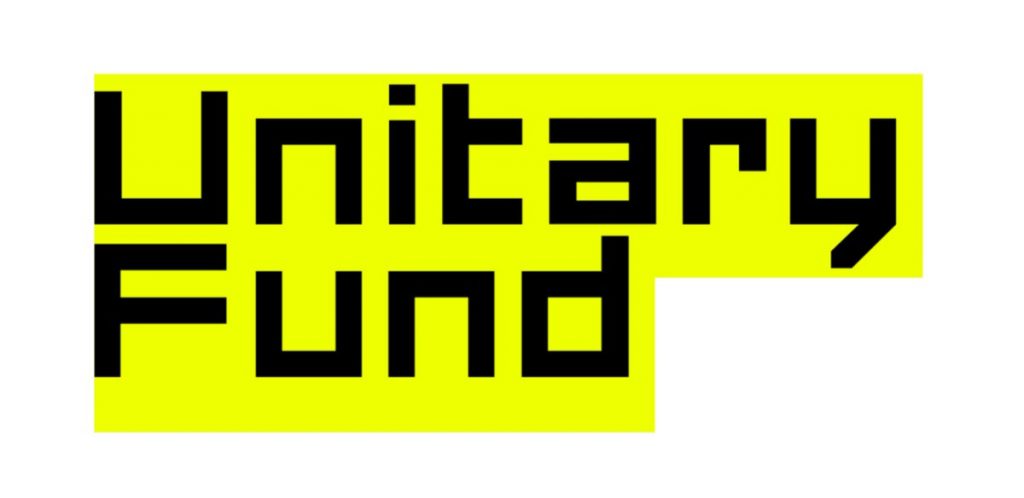
“I imagine that years from now, some of the biggest contributors in quantum computing will have come through the Unitary Fund program,” said Johnson. “The grants provide avenues for creative, motivated folks to meaningfully contribute to this new industry. Awardees are using the program to launch their careers in quantum computing, landing jobs at Zapata and elsewhere.”
“With the grants we can fund a lot of bottom-up work, but sometimes there are big holes in the ecosystem where if we actually do some research and development ourselves, then we can help.”
Grants and Beyond: In-House Research
The team is also moving beyond just offering grants. Last fall, the Unitary Fund also started Unitary Labs, their way of conducting in-house research. They added Ryan LaRose, Andrea Mari, and Peter Karalekas to that team this year.
“With the grants we can fund a lot of bottom-up work, but sometimes there are big holes in the ecosystem where if we actually do some research and development ourselves, then we can help,” said Zeng.
One major project is a five-year collaboration that is focused on doing research on and building an error-mitigated compiler.
“Quantum computers are noisy, they have a lot of errors, but what if you could compile your programs to be more robust to the errors that happen on a quantum computer,” said Zeng.
Error mitigation is different from error correction, which, as its name suggests, looks to correct the errors as they happen. Error mitigation doesn’t correct all errors, but minimizes their impact on whatever application is being run.
“There have been theoretical tools and ideas on how to do this that have come out over the past decade and half, but especially in the last couple of years, but nobody has really built them into software,” said Zeng. “It’s incredibly important that the whole community has access to them.”
The key reason this research will be essential for the industry is because of the increasing need for benchmarking of quantum algorithms and devices, according to Zeng. If companies and organizations are using different error mitigation techniques, it could throw off those benchmarking efforts, leading to “apples and oranges” comparisons, he said.
Support Affiliate Projects
Long-term support and maintenance are other challenges of open-source communities, not just open-source quantum communities, according to Zeng. To tackle that, the Unitary Fund hopes to be the home for open source quantum projects and support them so they can continue to be viable, sustainable resources for the community.
“One way to look at it is, think about all the things the Linux foundation does for the Linux community, or what NumFOCUS is doing for the numerical and scientific stack, mainly in Python.”
This is something witnessed directly by Shammah, who, as contributor and community helper for QuTiP, the quantum toolbox in Python project, has seen how fellow researchers and software engineers are often the unsung heroes of open source development. These are often early-career researchers, such as postdocs, who need to rely on a favorable environment, such as visionary professors running a large research group, to be able to devote time also on maintenance work on the software, which takes up prized research time.
“One way to look at it is, think about all the things the Linux foundation does for the Linux community, or what NumFOCUS is doing for the numerical and scientific stack, mainly in Python,” said Shammah. He added that this next step is a work-in-progress, a step the organization is committed to take.
“It’s something we need to earn and grow into, as this is structural support to today’s scientific foundations. Quantum technologies offer an imaginative narrative that we hope will help spur this kind of funding that, to be fair, is much needed also for core numerical software packages. A non-profit organization fills the gap that cannot be as efficiently addressed by academia or for-profit organizations,” Shammah said.
Copernican Moment
In many ways, the curiosity-driven, open-source mediated approach that the Unitary Fund takes to quantum computing reflects Zeng’s own encounter with quantum science and technology. He said he came to the field, in large part, after being driven by curiosity at the way quantum computing could blend the mysterious with the practical and the philosophical with the altruistic, leading to a “Copernican” moment of understanding for him.
“I was really fascinated by the field and the synthesis of two things that you want to get passionate about but don’t always find in the same place,” he said. “The first is really fundamental questions about how reality works. Quantum computing and quantum information theory, more broadly, is about the relationship between physics and computation. In some ways, it inverts a natural relationship. You might think that we have these mental mathematical models of what a computer is and the natural world just limits us from everything we could imagine and build. And the natural world, flips that. It turns out that the world can compute things that it’s actually hard for us to get an intuition of what it’s doing. These questions are really foundational. But, at the same time, by trying to answer them and understand them, you also have the potential of building machines and technologies that can help a lot of people and solve big problems.”
The Unitary Fund team also includes Ryan LaRose, Andrea Mari, Peter Karalekas and Alexander Levy.
To apply for a micro-grant, you can click here.








